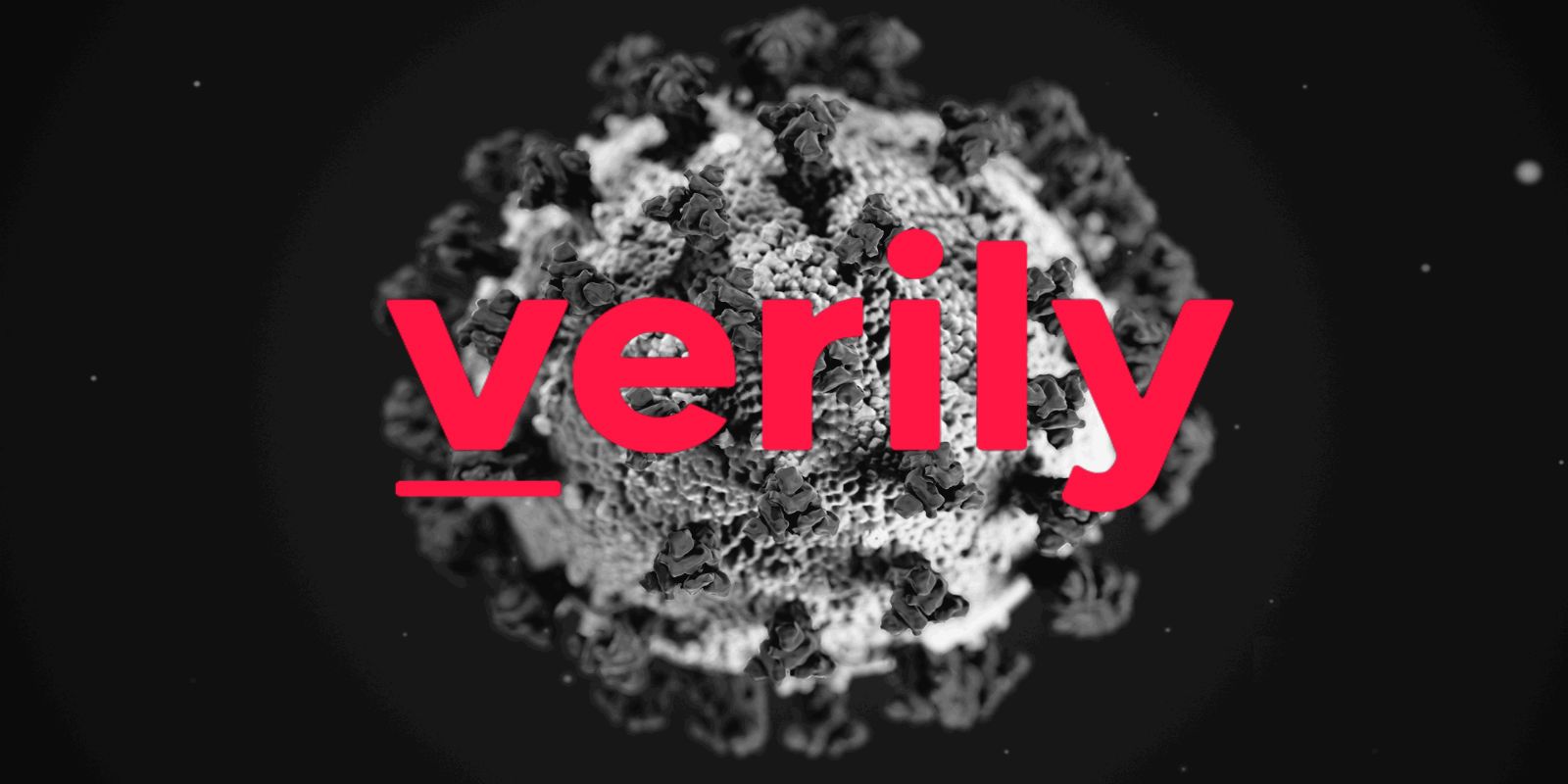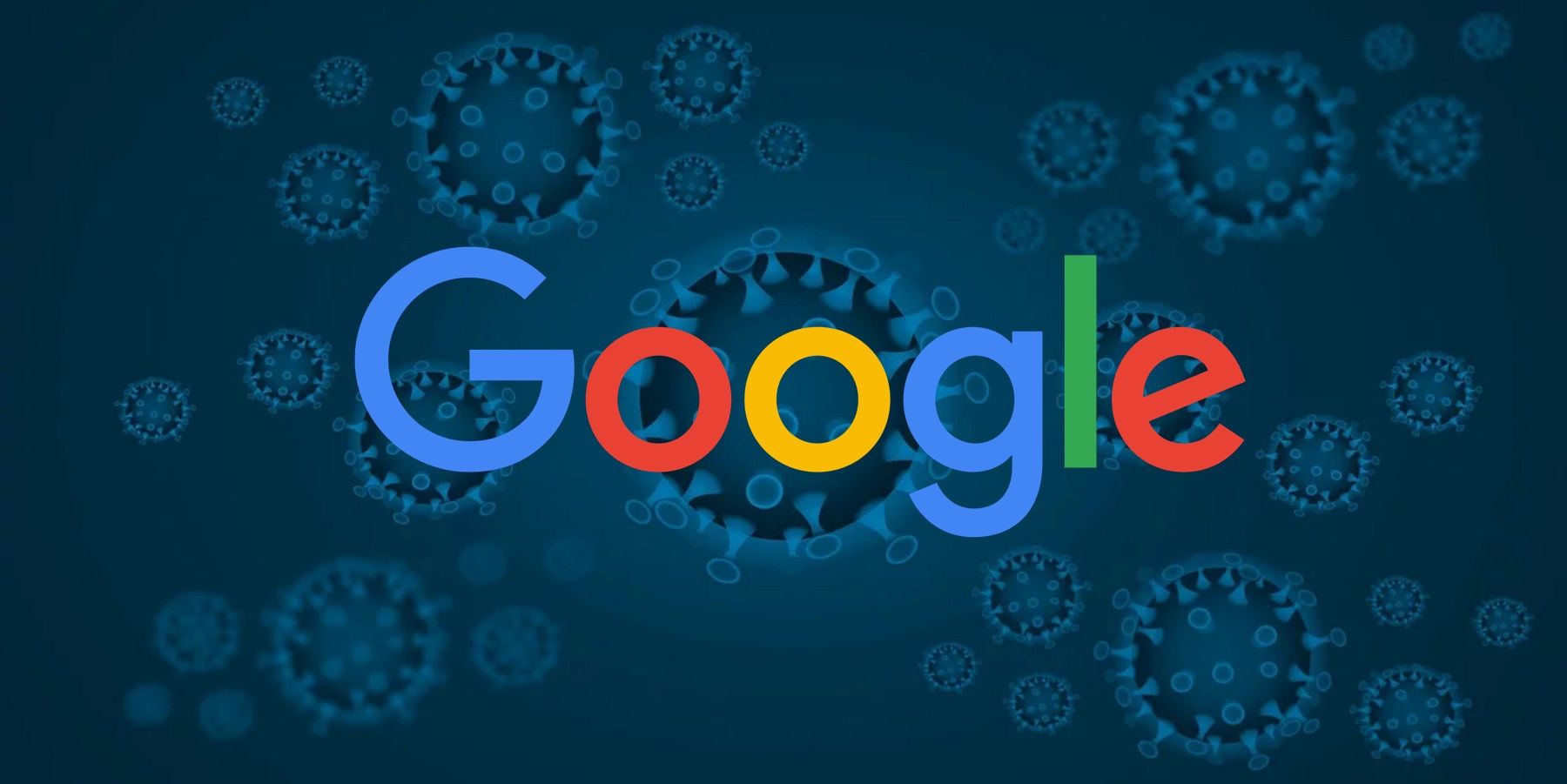Project Baseline, a service designed to help people interested in getting tested for coronavirus, requires users to have Google accounts, raising privacy concerns. Verily, a company owned by Alphabet (the parent company of Google) put out an online screening test to help people figure out if they should be tested for COVID-19 based on any symptoms they may be experiencing.
The service was unveiled to the public at a White House press conference when President Donald Trump said Google was assisting the US government with informing the public on coronavirus testing. However, the service has been withheld from anyone unwilling to create a Google account, worrying those who are fearful of Google’s history on data collection.
According to CNET, a Verily spokeswoman said that the program wouldn’t link a person’s medical data to their Google account because that would require the user to sign a consent request. Instead, the data would be shared with other corporations performing coronavirus tests. Although Verily's site also does explain the data is needed to coordinate its efforts with other services, and this could include other third parties - one of those actively listed is Google. On the website, Project Baseline says, “We are committed to maintaining high privacy standards and keeping your data safe. Project Baseline follows federal and state regulations governing the collection and use of an individual’s data.” While further adding that the data is stored in encrypted databases.
Is Google Capitalizing On Coronavirus?
Google is known to share its data with other corporations with the goal of a more personalized experience, but its approach has often been accused of sacrificing privacy. With Project Baseline effectively locking out people without Google accounts, it is not only barring them from a valuable tool, but also not leaving them with much choice. Despite Verily’s efforts to keep data safe inside of protected servers, users should always have the final say over their data and not be held to ransom by it. Google has had several data breaches in the past, so while Verily says the servers are protected, it doesn’t remove the possibility for someone to have their personal details fall into the wrong hands.
While the concept of a COVID-19 risk screening tool is appreciated, its implementation will feel predatory. Worried people shouldn’t be forced to give their personal details to Google in order to access the service. Anyone should be able to use this tool and simply get a printout of their coronavirus results (and the contact information of nearby testing sites), removing the necessity for databanks, while also keeping data out of the hands of others.
Source: CNET


